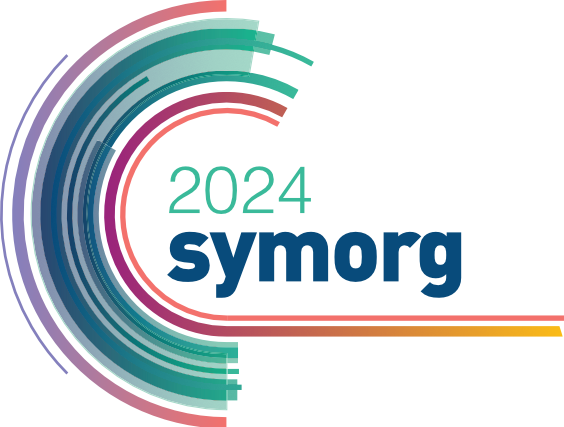Digital Operations and Logistics Management
Track moderators

Danica Lečić-Cvetković, Ph.D.
POSITIONS
Full Professor
University of Belgrade – Faculty of Organizational Sciences
Department for Production and Services Management

Dragan Vasiljević, Ph.D.
POSITIONS
Full Professor
University of Belgrade – Faculty of Organizational Sciences
Department of Computer-integrated Production and Logistic
Description
Operations and logistics management is the basis for the effective functioning of every enterprise. It is the science of planning, organizing, implementing, controlling, and improving the processes and systems that transform inputs into products and services. Digital operations and logistics management bring together information management, industrial automation, and non-wastes operations. The base of digital operations and logistics management is data. Accurate and real-time data is essential for making decisions based on monitoring and measuring the performance of business processes and resources. By enabling collaboration and optimization, a central logistics information backbone provides visibility of data across the enterprise and extended supply chain, to implement new business models and ensure their excellence. The tendency towards digitalization is of particular importance for operations and logistics management, given the time, resources, and leadership attention that organizations already devote to improving the way they manage their operations. Furthermore, with the support of digital technologies (robotics, automation, IoT, IIoT, blockchain, big data analytics, cloud computing, artificial intelligence, augmented reality, virtual reality, advanced analytics, etc.) and continuous waste and cost reduction, all industries and supply chains encourage organizational performance to yield higher and faster-growing revenue. The application of digital technologies in operations and logistics management results in enhanced productivity, efficiency, real-time visibility of data, collaboration and connectivity, data-driven decision making, supply chain optimization, innovation, adaptability, agility, business sustainability, environmental protection and increased customer satisfaction altogether.
Key topics
- Computer Integrated Manufacturing
- Digital Logistics and Supply Chain Management
- Lean Logistics and Total Productive Maintenance
- Digital Production and Services Management
- Digital Production Performance Management
- Digital Production Planning
- Digital Control Systems
















